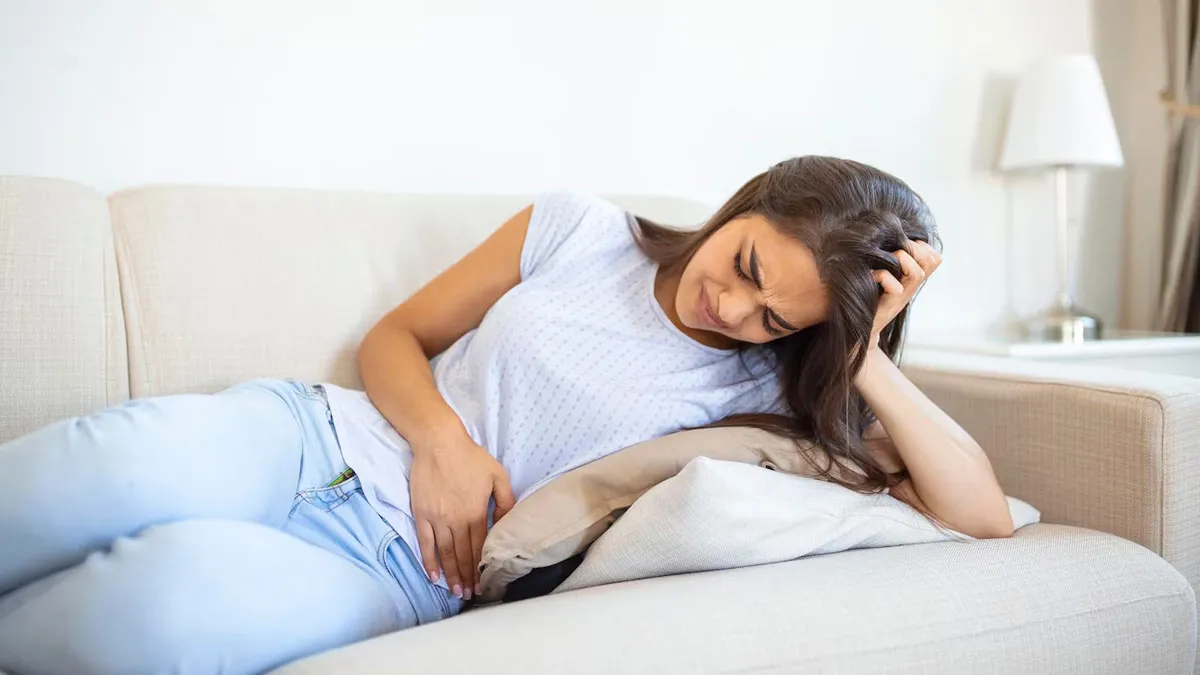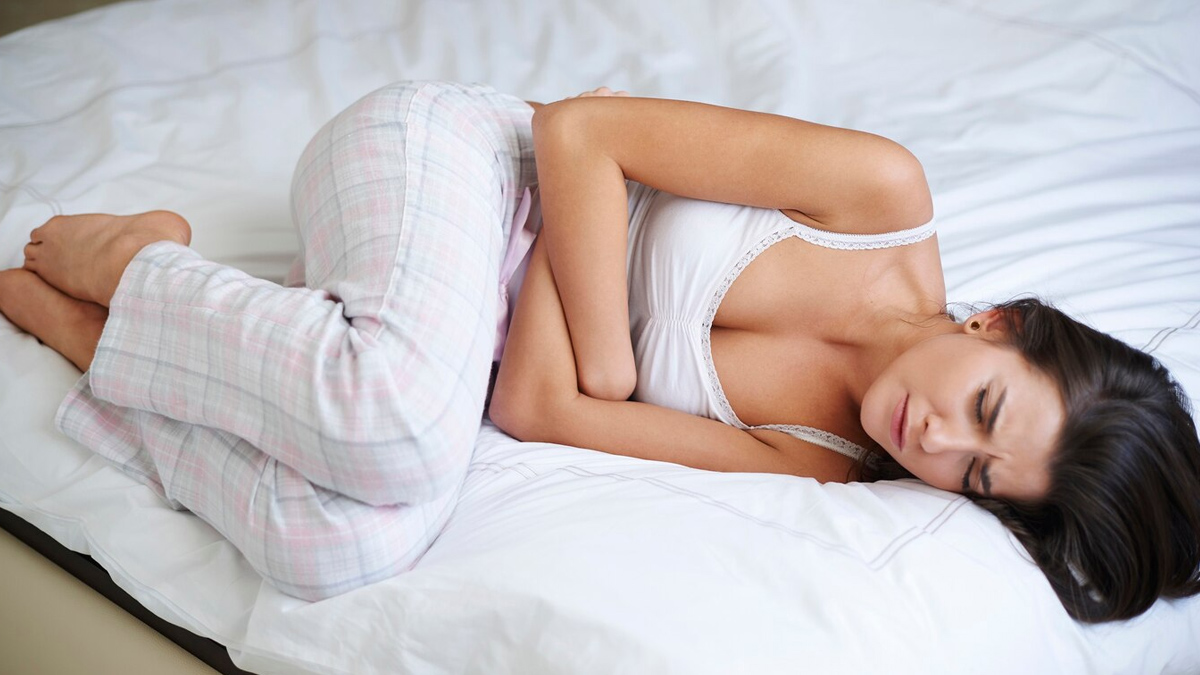
Menstruation is a normal process in the body that comes with several physical and emotional challenges. Symptoms can often occur both before and during menstruation, or a period. These include abdominal or pelvic cramping, lower back pain, bloating, breast tenderness, mood swings, headaches, and fatigue.
Table of Content:-
Both period pain and Premenstrual Syndrome, popularly known as PMS, are common issues that can disrupt daily life for many women. While medicines like painkillers and birth control are often used, exercise is said to be a widely recommended way to ease symptoms.
Also Read: Menstrual Hygiene Day 2025: The Self-Care Routine You Didn’t Know You Needed During Your Period
Pain Management And Relief

Menstrual cramp is one of the most common symptoms associated with menstruation or periods. It is characterised by throbbing or cramping pain in the lower abdomen, which can also radiate to the lower back and thighs. The good news is that some women may experience fewer painful cramps during menstruation if they exercise regularly.
According to the Office on Women's Health, research finds that exercise may help ease period pain, or primary dysmenorrhoea. While scientific evidence is still unclear, some small studies suggest exercise might reduce pain and provide relief.
Enhanced Mood
The American College of Obstetricians and Gynecologist (ACOG) suggests that exercise can significantly improve mood and reduce stress during menstruation.
A 2024 Saudi Arabianstudy published in the journal Healthcare looked at how different types of exercise affect menstrual health in teenage girls aged 12-18 and found that 20–30 minutes of exercise done three times a week not only helped ease period pain but also reduced stress. Researchers found that the combination of aerobic and stretching exercises led to the biggest drop in period pain, while stretching exercises alone were most effective at reducing stress.
Reduced Bloating

Menstruating women who indulge in regular physical activity and exercise also notice a change in their gastrointestinal symptoms like bloating. Studies suggest that aerobic exercises like dancing and cycling can reduce the severity of symptoms like cramping and bloating. This is because such exercises can increase blood flow, decrease aldosterone levels, a hormone that signals the body to retain salt and water, and reduce stress, all of which can influence bloating issues.
Improved Sleep
According to a review published in the journal Cureus, the menstrual cycle affects both sleep and heart health in women, attributed to changing hormone levels, especially oestrogen and progesterone, during different phases of the cycle. These hormonal shifts, along with pain, discomfort, and emotional stress, often lead to disturbed sleep.
The review also highlights how poor sleep can increase the risk of cardiovascular problems, showing a two-way link between sleep and heart health.
However, exercise can mitigate these risks. Exercise, particularly moderate-intensity workouts, can help with muscle relaxation, potentially reducing cramps and improving sleep quality during periods.
Also Read: Ragi Can Help Manage Period Pain: Here Are Its Benefits and How to Eat It
Increased Energy Levels

During menstruation, most women experience some amount of changes in their energy levels. This is primarily due to fluctuating hormone levels, especially oestrogen and progesterone, and physical changes. However, this does not mean you should stop exercising. In fact, the Office on Women's Health recommends exercising first thing in the morning, before your energy level goes down as the day goes on. Being active might help boost your mood and give you more energy, the healthy body notes.
Conclusion
While your period can feel like a challenging phase physically and emotionally, being active during this time can really help. Regular exercise has been shown to ease cramps, lift your mood, reduce bloating, and help you sleep better. You don’t need to push yourself too hard; gentle stretches, a brisk walk, or light cardio can go a long way. The key is to listen to your body and do what feels good. With the right approach, staying active during your period can help you feel stronger, more balanced, and more in control.
Also watch this video
How we keep this article up to date:
We work with experts and keep a close eye on the latest in health and wellness. Whenever there is a new research or helpful information, we update our articles with accurate and useful advice.
Current Version
